Mental illness affects almost all of us, whether we talk about it openly or not. Learning about some of the most important facts about mental health can help to raise awareness and empower us to improve our mental and emotional well-being.
Good mental health leads to a good life
Due to the overbearing presence of mental health stigma, most people suffering from mental disorders and psychological conditions refuse to talk about it and refrain from treatment. Understanding the difference between myths and facts about mental health can allow us to fight the stigma and raise mental health awareness globally. It can significantly help to inspire and encourage more people to seek the help they need to improve their mental and emotional state.
Learning the facts about mental health disorders can help us understand how such conditions affect each one of us differently. It can help us realize how we can overcome such issues ourselves and help our loved ones recover from mental health issues as well. The symptoms, diagnosis and treatment for each condition is different and can vary greatly from person to person.
Related: 35+ Mind-Bending Psychology Facts About Human Behavior
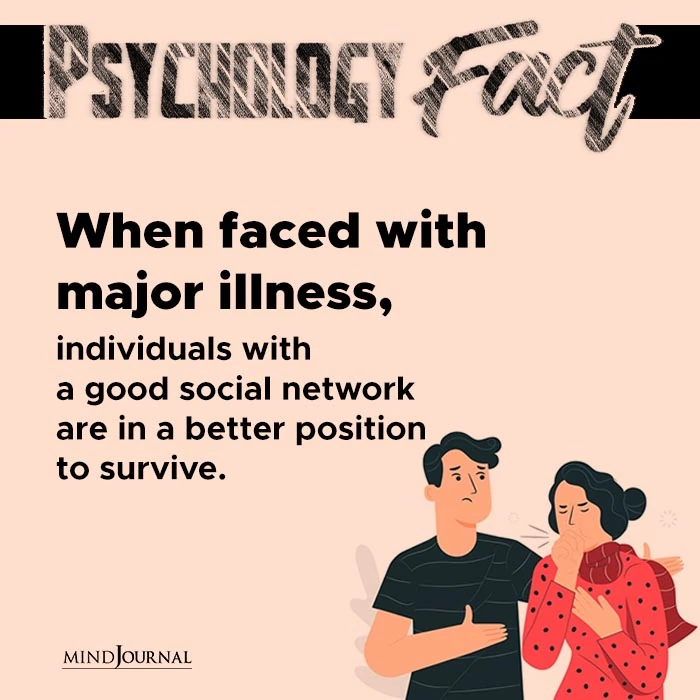
While we may make generalized assumptions, mental health issues can be often hard to recognize. This is why understanding facts about mental health disorders is important as it shows us how to boost our mental health, prevent mental disorders and care for those suffering from mental illnesses.
Interesting facts about mental health
Here are some fascinating and shocking facts about mental health that you should know about –
1. Over 40% of adults in the United States reported suffering from some form of mental illness or substance abuse disorder in June 2020.
2. 1 in 5 adults suffer from a mental health condition every year.
3. 1 in 20 adults suffer from a serious psychological disorder each year in North America.
4. 1 in 6 children and adolescents (aged 6-17) suffer from a mental illness every year in the U.S.
5. More than half of all lifetime psychiatric disorders develop by the age of 14.
6. In 2020, around 17 million adults (6.7%) in the United States suffered from mental illnesses and comorbid substance use disorder.
7. Around 47.4% of lesbian, gay or bisexual adults in the United States experience a mental illness each year.
8. In American adults, annual prevalence of common mental health conditions are as follows –
- 21 million people suffer from major depression
- 48 million people suffer from anxiety disorders
- 7 million people suffer from bipolar disorder
- 9 million people suffer from posttraumatic stress disorder (PTSD)
- 3 million people suffer from obsessive compulsive disorder (OCD)
- 3.5 million people suffer from borderline personality disorder (BPD)
- 1.5 million people suffer from schizophrenia
Related: 25 Amazing Psychological Facts That Will Boggle Your Mind
9. According to the World Health Organization (WHO), depression is a major cause of disability across the globe. About 280 million people worldwide suffer from depression.
10. The global cost of anxiety disorders and depression on the economy is around $1 trillion every year in lost productivity.

11. The economic burden of American adults with major depression is about $210.5 billion, according to a 2015 study.
12. Students in high school with serious depressive symptoms are twice as likely to drop out of school than other students. This is one of the most shocking facts about mental health in teens.
13. The rate of unemployment among adults with a mental condition in the United States is about 6.4%.
14. Among American adults under 45 years of age, mood disorders, like depression & bipolar disorder, are the most common cause of hospitalization.
15. Around 20.8% of homeless people in the United States suffer from a serious psychiatric condition.
16. 8.4% of Active Component service members in the U.S. military suffer from a mental illness or substance use disorder, according to 2019 facts about mental health.
Related: 25 Fascinating Psychological Effects Most of Us Don’t Know About
17. 31.3 million veterans (15.3%) in the United States had suffered from a mental health issue in 2019.
18. About 37% of adult prisoners and jail inmates in American state and federal prisons have been diagnosed with at least one psychological condition.
19. During the COVID-19 pandemic, 1 in 3 American young adults aged between 18 and 25 years suffered from a mental illness, 1 in 10 suffered from a severe psychiatric condition and 3.8 million seriously considered suicide.
20. Over 8.4 million American adults act as caregivers to an adult individual with a mental health condition.
21. On average, unpaid caregivers provide around 32 hours of caregiving to adults with a mental illness in North America.
22. Suicide is the 2nd leading cause of death among children and adolescents (10-14 years of age) and the 3rd leading cause of death among those teens and adults (15-24 years of age) in the United States. Suicide is also the 12th leading cause of overall deaths in North America.
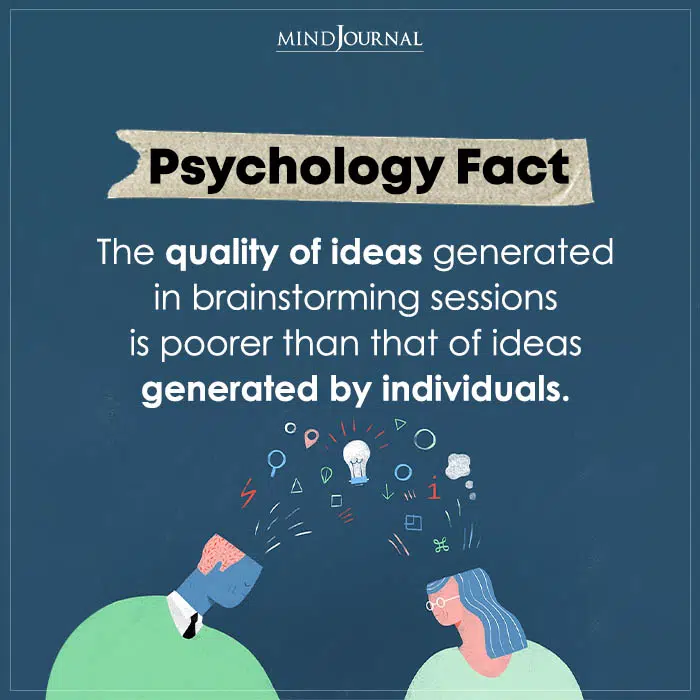
23. 46% of individuals who died by suicide had a mental illness, while 90% of individuals had symptoms of a mental disorder. This is one of the most distressing facts about mental health.
24. Youth belonging to the lesbian, gay and bisexual community are four times more likely to attempt suicide than individuals who identify as straight.
Related: 25 Interesting Psychological Facts You Didn’t Know About Yourself
25. Adults who identify as transgender as nine times more likely to attempt suicide during their lifetime than others.
26. Around 79% of individuals who actually die due to suicide are male.
27. In 2020, more than 12 million adults across the United States had seriously considered attempting suicide.
28. In 2020, about 64.5% of adults with serious mental illness and 46.2% adults with mental disorders received treatment. This is undoubtedly one of the positive facts about mental health.
29. Annual treatment rates in American adults with any mental illness are 37.4% in men, 51.2% in women and 54.3% in lesbian, gay or bisexual individuals.
30. 26.3 million adults in North America received virtual mental health services, such as online counseling and therapy in 2020.
Using the facts about mental health to live a better life
Everyone is affected by mental health issues in some way and each of us experience it differently. Recognizing the signs of mental illness early is crucial for seeking effective treatment, recovery and living a healthy and productive life. Learning the facts about mental health can help us gain better understanding and awareness about mental illnesses, instead of stigmatizing it.
Knowledge is power and these important facts about mental health can help us develop a more positive and healthier mindset and improve our physical, emotional and mental well-being.
Related: 9 Surprising Psychological Facts About Love And Attraction
Frequently Asked Questions (FAQs)
What are negative things people think when they hear the term mental illness?
When people hear the term mental illness, they assume that a person has low intelligence or is seen as a sign of weakness. These are just myths.
What are some negative things about mental illness?
Some of the negative things about mental illness are having a decreased sense of joy in life, conflicts in relationships, substance abuse, isolation, etc.
What are things you can do to improve or stay mentally healthy?
There are various things you can do to improve your mental health, such as relaxing your body and mind, connecting with others, exercising, getting adequate sleep, etc.
How to help others who are struggling with their mental health?
In order to help others who are struggling with their mental health, start by expressing your concern. Remind them that asking for help is okay and it’s not a sign of weakness.
What everyday things can affect your mental health?
Some of the everyday factors that can affect your mental health are relationship issues, living in isolation, poor family connections, poor physical health, etc
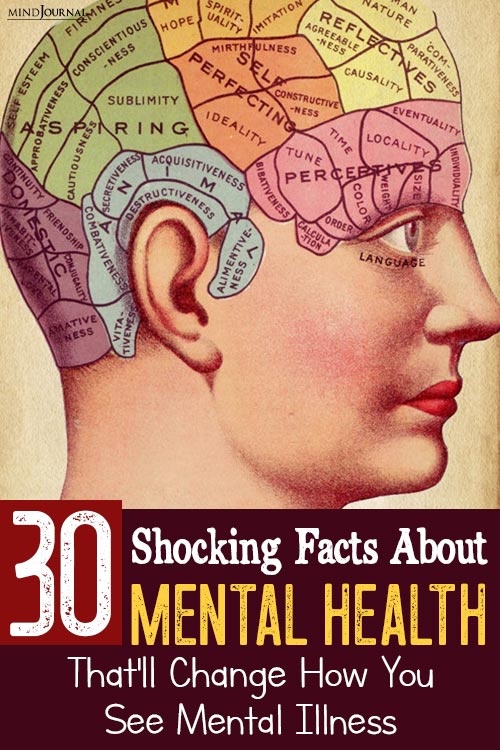
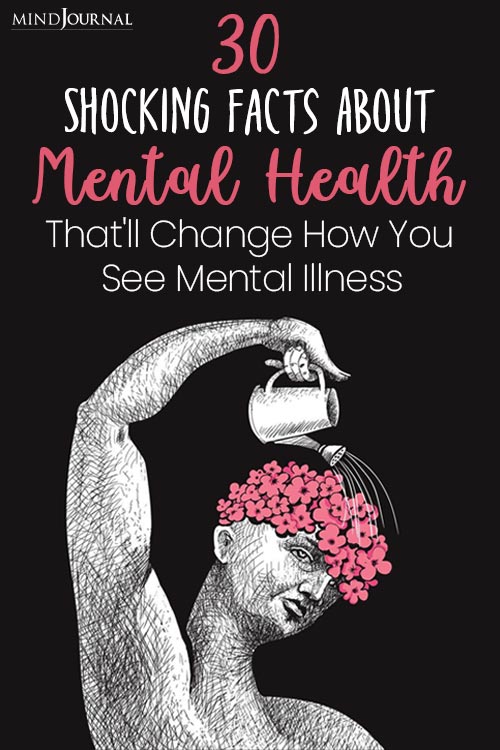
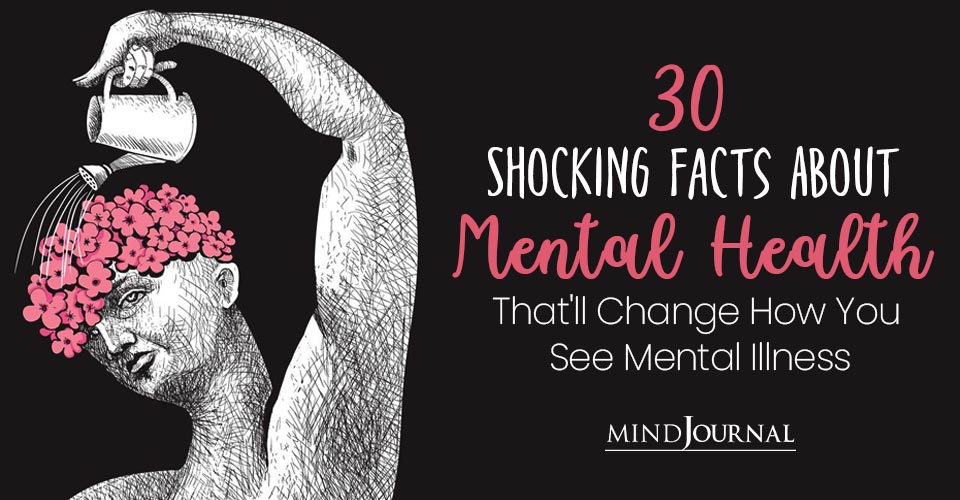







Leave a Reply
You must be logged in to post a comment.